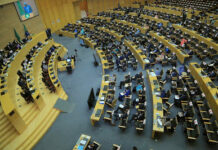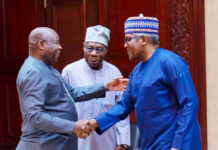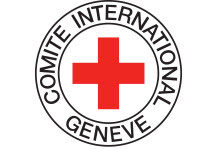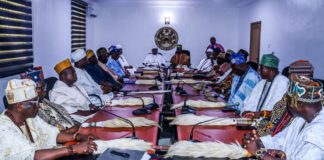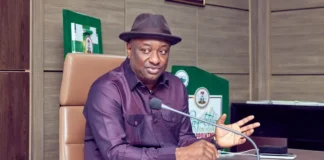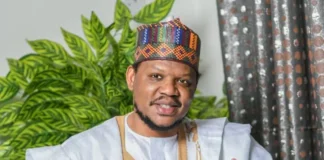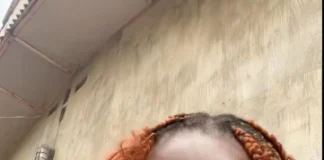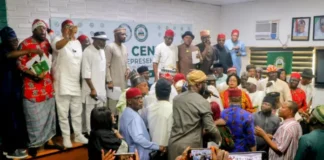Zimbabwe’s President Robert Mugabe made a broadcast to his people on Sunday night, but he did the unexpected: he did not resign as widely expected.
Instead he said he would preside over a ZANU-PF congress next month even though the ruling party had removed him as its leader hours earlier.
The broadcast, which was also transmitted live on BBC, was witnessed by the military leaders who had taken control of Zimbabwean affairs, but who kept denying that they had executed a coup.
ZANU-PF had given the 93-year-old less than 24 hours to quit as head of state or face impeachment, an attempt to secure a peaceful end to his tenure after a de facto coup.
Mugabe said in a address on state television that he acknowledged criticism against him from ZANU-PF, the military and the public, but did not comment on the possibility of standing down.
“The (ruling ZANU-PF) party congress is due in a few weeks and I will preside over its processes,” Mugabe said.
His words pitched the country into deep uncertainty, as they imply he will seek to stay in office until at least mid-December.

It was widely thought that Mugabe would have no choice but to go after the army seized power, opened the floodgates of citizen protest and his once-loyal party told him to quit.
His speech suggested he was unfazed by the turmoil.
Speaking slowly and occasionally stumbling as he read from the pages, Mugabe talked of the need for solidarity to resolve national problems — business-as-usual rhetoric that he has deployed over decades.
He made no reference to the chorus calling for him to resign and shrugged off last week’s dramatic military intervention.
“The operation I have alluded to did not amount to a threat to our well-cherished constitutional order nor did it challenge my authority as head of state, not even as commander in chief,” he said.
Instead he urged harmony and comradeship.
“Whatever the pros and cons of how they (the army) went about their operation, I… do acknowledge their concerns,” said Mugabe.
“We must learn to forgive and resolve contradictions, real or perceived, in a comradely Zimbabwean spirit.”
His address provoked immediate anger, and raised concerns that Zimbabwe could be at risk of a violent reaction to the political tensions.
Chris Mutsvangwa, head of the influential war veterans’ association called for protests and demanded that Mugabe be impeached.


